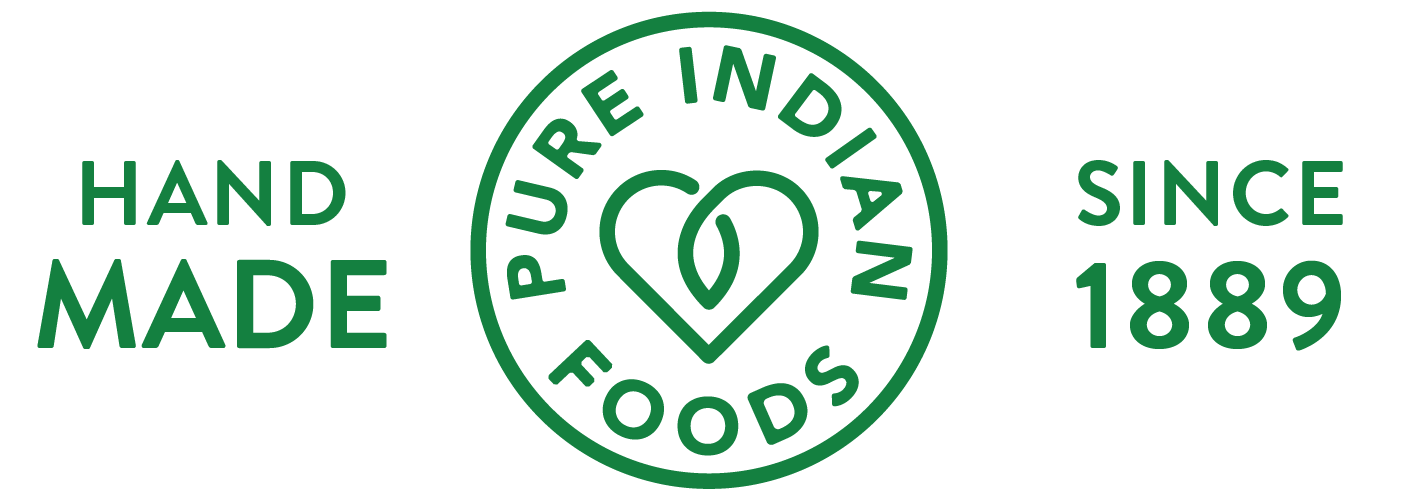You can try but you won’t succeed!
Just recently, I became aware of a question regarding the substitution of almond milk for cow’s milk in making Golden Milk, an ancient Ayurvedic beverage for comforting, nourishing and stabilizing the body. It’s a go-to beverage for millions of people around the world. Among numerous benefits, it’s treasured for its immune supporting properties, a good night’s sleep and general well-being.
But what happens when we try to make golden milk with non-dairy alternatives? Quite simply, non-dairy “milk” made from nuts or oats, rice or beans, seeds and such simply cannot compare to mammal’s milk. They may look a lot like real milk, but remember, looks can be deceiving! They simply do not have the natural nutrients that, for example cow’s milk has, and we should not expect them to provide the same benefits. They won’t. They can’t.
We all know that turmeric is the spice that puts the “gold” in golden milk, but when combined with cow’s milk, something very special happens. Curcumin, the primary bioactive constituent of turmeric becomes more bio-available, meaning your body has greater access to the many benefits of curcumin because of this combination. More specifically, the milk protein casein is a fantastic carrier for curcumin which, once encapsulated by casein nanoparticles, becomes more bioactive. This makes golden milk do wonders for humans! There is no casein in almond “milk” or any other such non-milk “milks”.
Furthermore, vitamins A and D, which are extremely important fat-soluble nutrients, are made by cows, and they are present in cow’s milk and other real milk products. These vitamins are not naturally present in any vegan foods or beverages unless they’ve been fortified, often with synthetic vitamins that our bodies may not use properly. By vitamin A, I am referring to the honest-to-goodness, TRUE vitamin A, called retinol. I am not referring to beta carotene which is a precursor to vitamin A, meaning the body must convert the carotenoids to a useable form of vitamin A. Our capability to convert beta carotene to vitamin A is very limited and is dependent upon several factors. That’s why we rely on cows to do this conversion for us, and we are very grateful to them for doing such an excellent job!
~ By Sandeep Agarwal


Leave a Reply